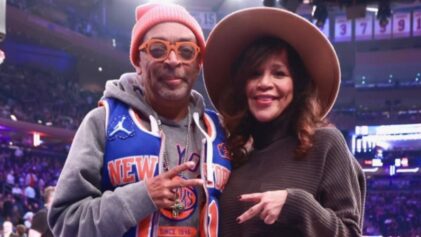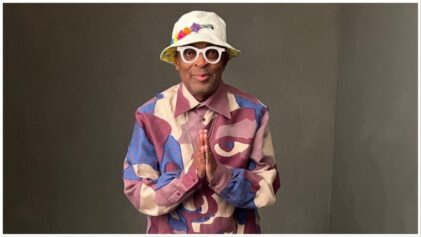Spike Lee’s messy, meandering, bluntly polemical “Red Hook Summer” has one crucial ingredient: a raw vitality. This celebration of African-American resilience in a struggling New York neighborhood envisions two cultures coexisting uneasily in the Red Hook section of Brooklyn. It is on the side of hope.
There are the so-called old-timers, the loyal parishioners at the Lil’ Peace of Heaven Baptist Church, whose indomitable preacher, Da Good Bishop Enoch Rouse (rousingly played by Clarke Peters of “The Wire”), inveighs against 21st-century ills in his thunderous sermons. The other side is a tight little knot of homeboys, rappers and drug dealers living in the same housing project as Enoch.
The housing project is not the gangster film cliché of a bullet-scarred, trash-and-graffiti-littered battleground, but a reasonably well-maintained complex in which the two groups mostly keep their distance. No gunfire rings out, and although a visitor is warned against straying into gang-controlled territory, the atmosphere is relatively peaceful.
Mr. Lee’s decision to concentrate on the churchgoing folks seems a conscious choice to emphasize community solidarity over disintegration. His vision of Red Hook is in some ways the opposite of his vision of another Brooklyn neighborhood, Bedford-Stuyvesant, which he portrayed as an ethnic tinderbox in his 1989 film, “Do the Right Thing.” Linking the two movies is the reappearance in “Red Hook Summer” of Mookie (Mr. Lee), the pizza deliverer from the earlier film, still making his rounds all these years later.
Arriving in Red Hook from Atlanta is Enoch’s 13-year-old grandson, Silas Royale, a k a Flik, who has been dispatched to Brooklyn for the summer by his mother, Colleen (De’Adre Aziza), for reasons that are never explained. A prep school student from a comfortable, middle-class background, Flik (Jules Brown) is a self-professed nonbeliever and vegan who complains about his small room and Enoch’s cooking. The symbol of his alienation is his iPad…
Read more: NY Times


